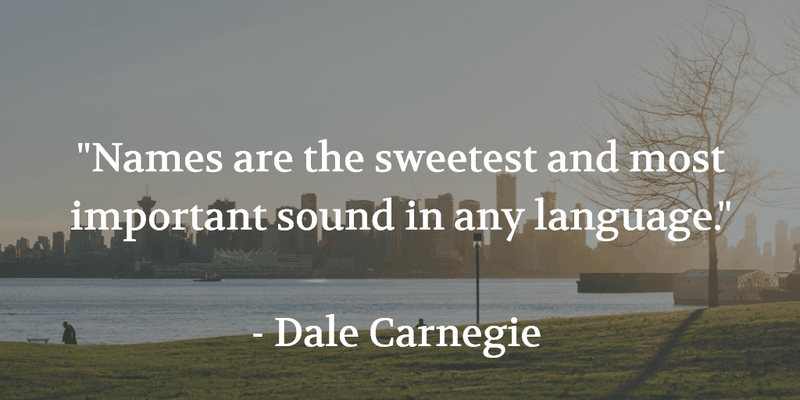What a name means to me
A name connects me to people. My first name was given to me in honour of a family friend. I find it interesting how we even use the words “given to me” when we talk about names. It is a connection, a thread, a link. My middle names are my Grandmother’s names – my lineage, my feminine line, my inheritance. My surname is my family name, shared with my kin. These are the visible, public, recorded names. There are important to me and to others. They link me to my kin, to my culture, to my place. I have other names – nicknames, job titles, and more. I think the most important one for me is my roles as partner, sister, aunt, and friend. These relationships are a key part of me, my value system, and also where I renew my identity and find my mirrors who love me as I am and as I become.
Links to others

People also use your name to link you to other people. Sometimes this is exciting like when you decide to get married and take on a new part of your identity, changing your name to a married name. Sometimes though, your name can be used to show that you are different. In foster care, this is definitely true. Living in a foster family means there are often multiple surnames. This can be traumatic sometimes, especially for children and young people in long-term foster care who connect and identify with their foster family as a core connection for them. Surname is a socially visible and accepted ‘marker’ of kin, of family but if you feel it but don’t have it, it can be very stressful. How can we support foster children in this?
What a name meant for my foster brother in school
When my foster brother started in school years ago, he asked his teacher to use our family name (his foster family name) when she talked about him in the classroom even though his legal name was on the school register. He had been in foster care with us since he was a few weeks old. The important thing for him was that in this smaller school community, it was more important that his links to his foster family be prioritised and visible without denying his origins. He knew he was in foster care – he called his birth mother his ‘tummy mummy’. He just wanted to show this part of his identity in school and be linked with the sibling group that went to the same school as him and lived in the same house.
Identity is a complex and multi-faceted thing and we show different aspects of ourselves at different times. At this young age, he was already making connections about his feelings, his emotions, and social markers (a surname) and deciding for himself what meaning he wanted to have and create. This small but significant gesture made such a difference in this child’s life – listening to what they were asking, giving them what they needed to feel comfortable in school, not denying them their truth in this situation, accepting their view of our adult world. The teacher didn’t need to force our adult rules on him.
What I learned from my younger brother
You get to decide what people call you. You get to decide your identity and tell others what it is. You get to choose what ‘family’ is and who’s in it.

You get to decide who is important to you and who you are important to. Identity is an active and evolving process. Love is a driving force at the centre of this.
written by Jean Anne Kennedy, proud foster sister. IFCO Operations Manager.
